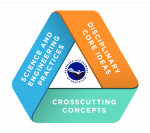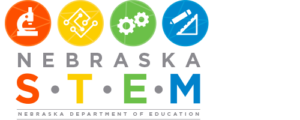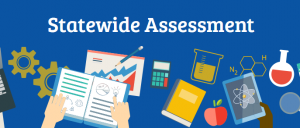 Creativity is a necessity when working with youth. Walk 2 Unlock Nebraska allows classrooms and out-of-school clubs the opportunity to engage youth to learn about agriculture, nature, historical, and science-based content along one of four Nebraska trails. Two trails are currently open. The next two will be built over the 2023-2024 school year.
Creativity is a necessity when working with youth. Walk 2 Unlock Nebraska allows classrooms and out-of-school clubs the opportunity to engage youth to learn about agriculture, nature, historical, and science-based content along one of four Nebraska trails. Two trails are currently open. The next two will be built over the 2023-2024 school year.
Walk 2 Unlock supports the whole child, working to provide activities to support body and mind. The program features an interactive map of Nebraska that allows users to track their locally achieved physical activity miles to make progress on virtual trails across the state. As students travel across the virtual trails, they will encounter checkpoints to learn more about the state through STEAM lessons appropriate for grades K-8th. Check out for Walk to Unlock Nebraska for more information.
Walk to Unlock Nebraska is a program of the Nebraska Department of Education Healthy Schools Program in partnership with Nebraska Farm Bureau Foundation’s Agriculture in the Classroom, Nebraska Game and Parks, Nebraska Tourism, Midwest Dairy, History Nebraska, and Nebraska Public Media.








